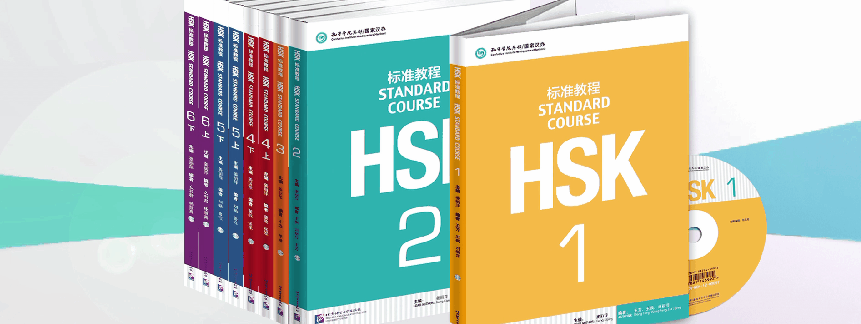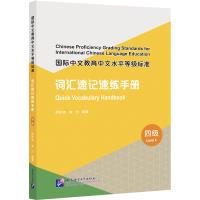Online Bookstore
Chinese Proficiency Grading Standards for International Chinese Language Education: Quick Vocabulary Handbook (Level 4)
Author:Zhou Biji, Zhu Li
- Medium:Books
- ISBN: 9787561962589
- Page Count: 220
- Size:
- Pub Date:2023-05
- The book weight: 500 g
- Annotation Language:English
- Course:Non-textbook
- Target Audience(Age):
- Target Audience(Language):
- Price:
-
Category: Dictionaries >Vocabulary














